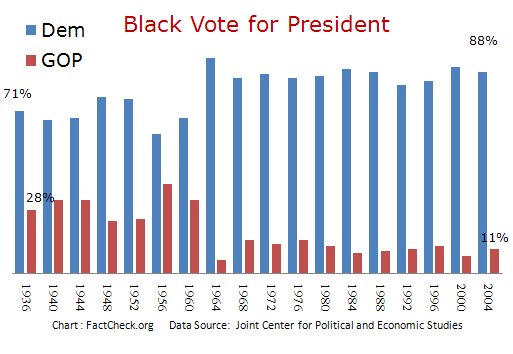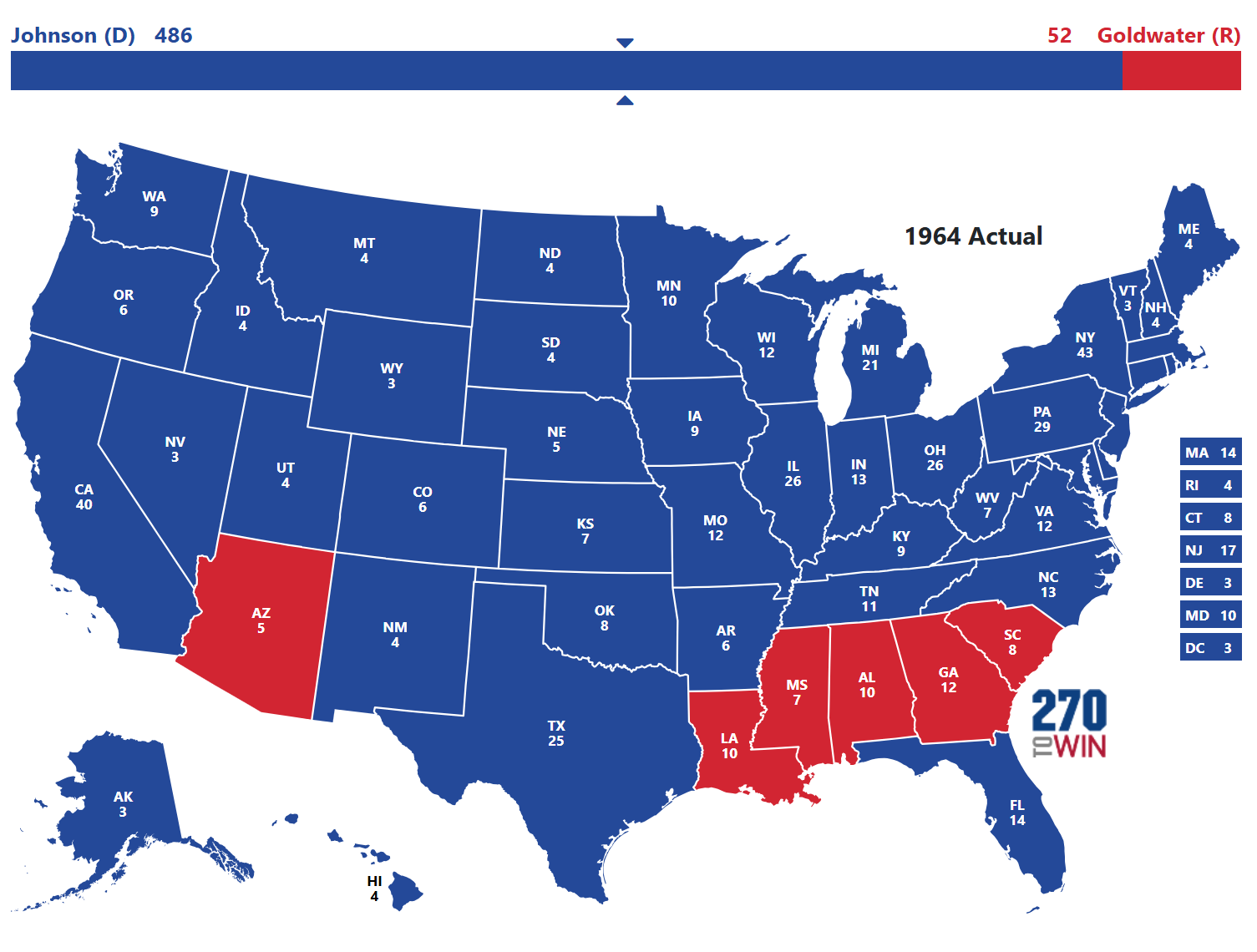Hmm.
I knew that Byrnes was on the shortlist in 1944 (Truman even planned to make a nominating speech for him at the DNC). But I never heard that he was considered in 1940.
First obvious knock-on: the Republicans had Wallace's "Dear Guru" letters to theosophist mystic Nicholas Roerich. The Democrats had proof of Willkie's adulterous affair with Irita Van Doren. Thus Mutual Assured Destruction, so neither side used its bomb. If Wallace is not on the ticket, there's nothing deterring the Democrats from exposing Willkie. That sort of personal-misconduct attack hadn't been seen at the national level since 1884, and didn't show up again OTL until Gary Hart's implosion in 1984. So the tone of future US elections could be considerably changed.
Second obvious knock-on: Roosevelt won't appoint Byrnes to the Supreme Court in 1941. It looks to me like Byrnes was chosen to replace fellow Southerner James McReynolds, who retired on 31 January 1941. Who does Roosevelt name instead? If Roosevelt wants a Southerner, then he won't name Wiley Rutledge of Iowa, who OTL replaced Byrnes in October 1942.
Third obvious knock-on: OTL, Byrnes left the Supreme Court in October 1942 to become Director of the Office of Economic Stabilization and then of the Office of War Mobilization, with his office in the White House. As such, he was the manager of the US war economy, which he did brilliantly. He displayed such great political and administrative skills that his influence expanded well beyond his official authority, and he became known as the "Assistant President". ITTL, Byrnes would be available for this sort of role immediately. Though to be sure the OES was not created until October 1942, Roosevelt would have found some important role for Byrnes before that.
This last knock-on means Byrnes will have an even bigger role than OTL. The idea of the Vice President as "Assistant President" will get a significant boost, and future Vic e Presidential candidates will be expected to have similar qualities.
in the middle term - Byrnes will almost certainly be renominated in in 1944, and therefore succeed Roosevelt in 1945. IMO, given his his wartime service and position as Roosevelt's obvious successor, Roosevelt might even yield the 1944 nomination to Byrnes, who would win easily.
The knock-on from that is that a Southerner would be elected President much earlier than OTL, and obviously so could another. That would strengthen the Dixiecrat position in the Democratic Party, as would having an outright white supremacist as President.
In both that case and if Byrnes succeeds as President in 1945, Byrnes would be incumbent President in 1948. It would be very hard to deny him renomination, but there would be resistance from liberal non-Southern Democrats who OTL got the party to adopt a civil rights plank and triggered the Dixiecrat walkout. ITTL, without Presidential support that move would fail. So no Dixiecrat walkout or third-party ticket. Instead perhaps the Republicans get aggressive on the civil rights issue, and regain the black vote.
I don't see a Left third-party ticket either: there would be no Wallace analog to front it. (ITTL Wallace would continue as SecAg, and fade into obscurity.) Though if Byrnes is elected President in 1944, then someone would replace him as Vice President, most likely a northern liberal for balance. That person might run third-party, if there is sufficient outrage against Byrnes and the Dixiecrats. More likely though, Democrat liberals sit on their hands in 1948 while Byrnes goes down to defeat, and then move to seize control of the party from the now-discredited Dixiecrats.

